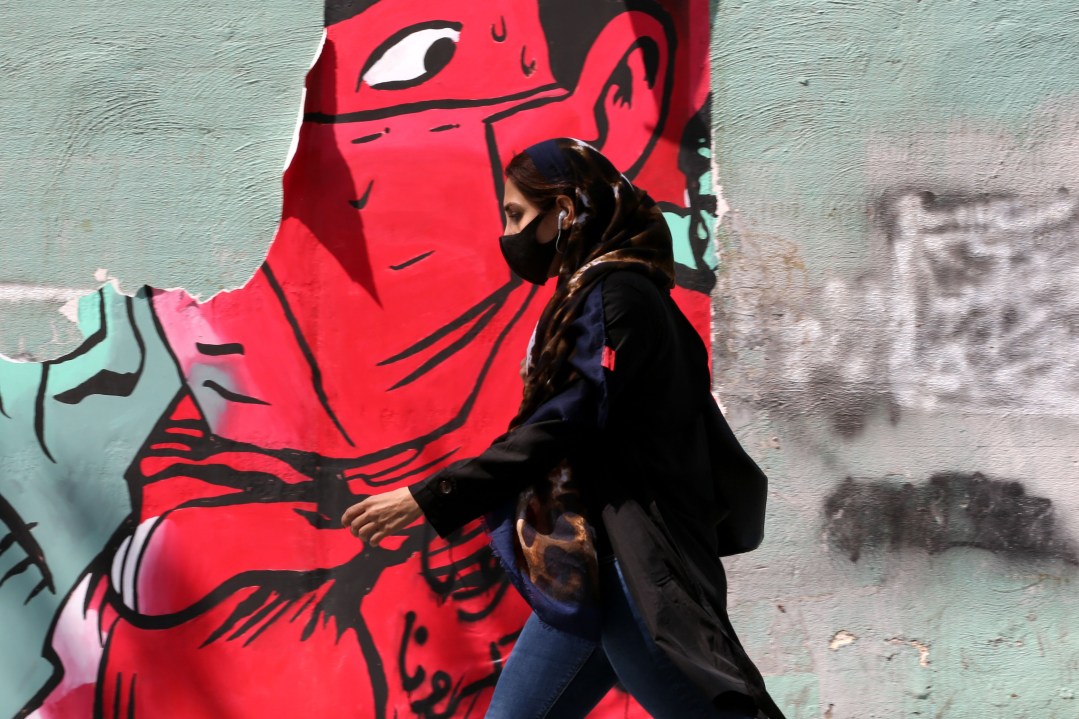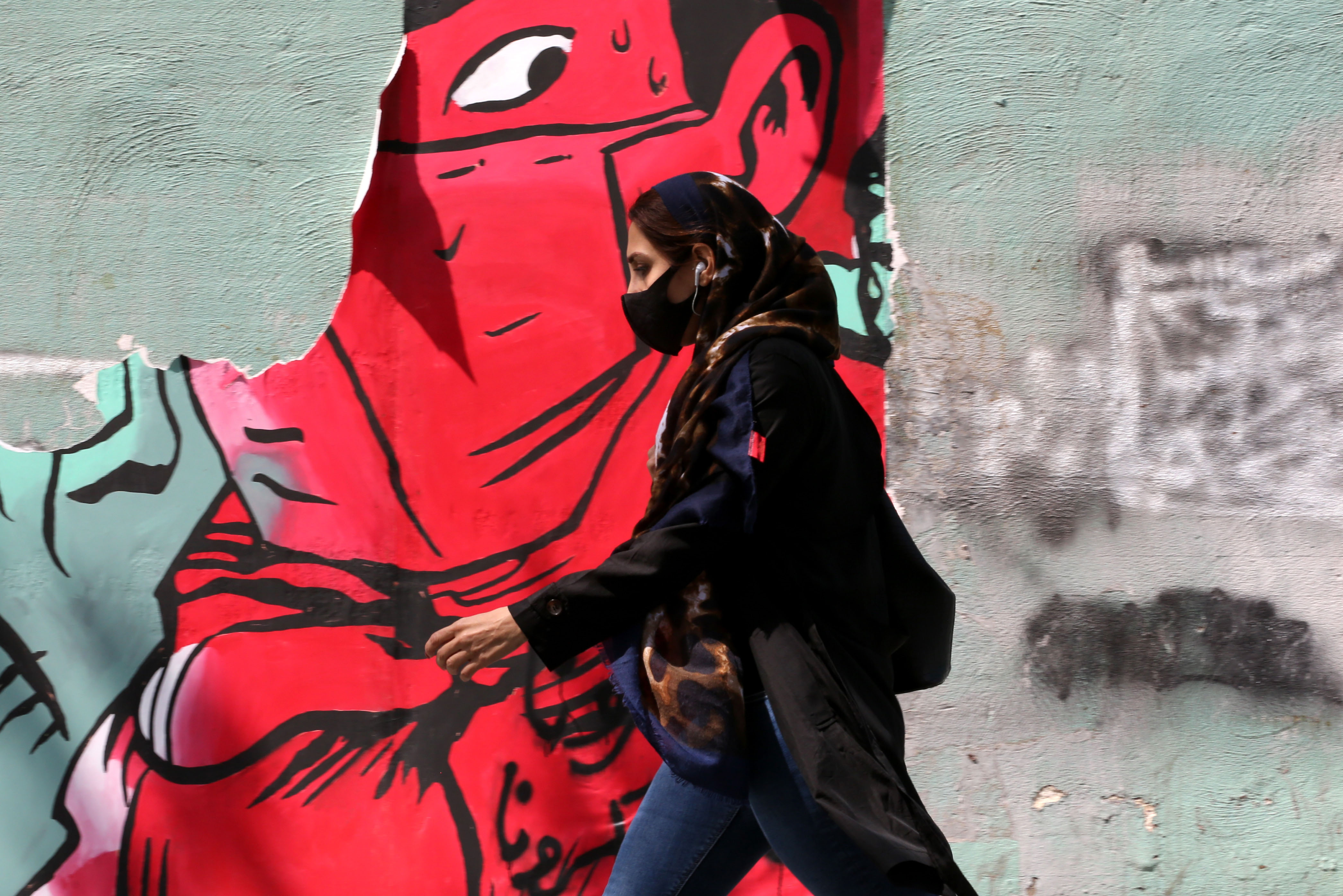If Iran has performed one role in the time of coronavirus it’s been as a harbinger of things to come. Early in the year, when we in the West were still blasé about the corona-thingy that would be ‘nothing more than the seasonal flu’, the regime was already having to deny reports that Iranians were being taken to hospital in their droves. The many flights arriving daily in Tehran from China were beginning to take their toll: as far back as 28 January three, employees of the Chinese embassy were hospitalised with Covid-19 symptoms. People began to fall sick across the country. It was a state of affairs we would all come to know soon enough.
Iran then reluctantly locked down. It didn’t want to. The country is in severe economic crisis. According to an October 2019 World Bank report, the economy was expected to contract by 8.7 per cent in 2019/20 due to a shrinking oil and gas sector output as the re-imposition of sanctions following the collapse of the Iran deal meant it could no longer sell its oil on international markets.

Get Britain's best politics newsletters
Register to get The Spectator's insight and opinion straight to your inbox. You can then read two free articles each week.
Already a subscriber? Log in








Comments
Join the debate for just £1 a month
Be part of the conversation with other Spectator readers by getting your first three months for £3.
UNLOCK ACCESS Just £1 a monthAlready a subscriber? Log in